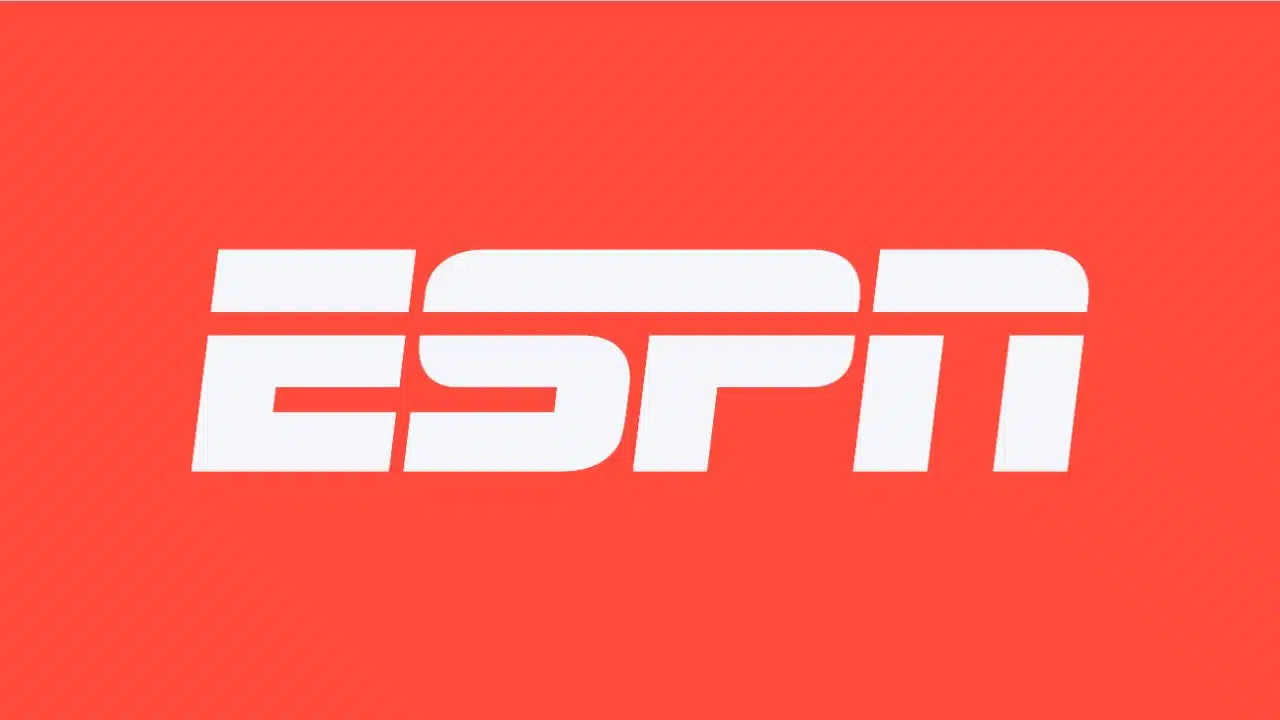The ongoing battle between DirecTV and Disney is making headlines once again, with both companies entrenched in a standoff that leaves millions of consumers frustrated and without access to key channels. As expected in these high-stakes negotiations, both sides are pointing fingers, accusing the other of being unreasonable and stubborn. This time, the disagreement centers around the distribution of Disney-owned channels, including ESPN and ABC, on DirecTV’s satellite service.
DirecTV’s Accusations: Disney’s Alleged Inflexibility
DirecTV has publicly accused Disney of being inflexible in their negotiations, claiming that the entertainment giant is trying to force consumers to pay for channels and content they may not want. According to DirecTV, Disney is leveraging its must-have sports channels, like ESPN, to push higher costs on consumers, bundling them with other channels that may not be of interest to many subscribers.
The satellite provider argues that this approach unfairly burdens customers, especially those who are primarily interested in sports content but are being forced to pay for additional entertainment and kids’ programming. DirecTV’s position is that Disney’s tactics are a blatant attempt to increase revenue at the expense of consumer choice.
ESPN Chair Jimmy Pitaro Fires Back: “We’ve Been More Than Flexible”
In response to DirecTV’s accusations, ESPN Chairman Jimmy Pitaro has vehemently denied any wrongdoing on Disney’s part. During an appearance on CNBC, Pitaro labeled DirecTV’s claims as “flat out false” and emphasized that Disney has shown significant flexibility in its negotiations.
“I will tell you without any reservation that we have been incredibly flexible,” Pitaro said, doubling down on his defense of Disney’s approach. He went on to detail the various package options Disney has offered to DirecTV, each designed to accommodate different consumer preferences.
According to Pitaro, Disney proposed multiple packages, including one focused primarily on sports and broadcast content, which would give DirecTV customers access to ESPN and ABC without bundling in additional channels. This package, Pitaro explained, is similar to what Disney has offered to other providers, like Venu, showing Disney’s willingness to be adaptable.
In addition, Disney also offered an entertainment package that includes their non-sports content, such as entertainment and kids’ networks. However, Pitaro expressed frustration that DirecTV has responded with hypothetical proposals, raising doubts about whether they can deliver on their own suggestions.
“What we’ve received in response is basically hypotheticals, and quite honestly, we don’t even know if they can execute and deliver against what they’re specifically proposing to us,” Pitaro added, pointing to a lack of clarity and commitment from DirecTV’s side.
Streaming Wars: DirecTV’s Growing Concerns Over Disney’s Streaming Expansion
Beyond the immediate dispute over channel distribution, there’s a broader concern for DirecTV—the rapid expansion of Disney’s streaming services. As Disney continues to pour resources into platforms like Disney+ and ESPN+, DirecTV sees these moves as a direct threat to its traditional satellite service.
With more and more content becoming available online, DirecTV fears that consumers might opt for Disney’s streaming options over satellite subscriptions, further eroding its customer base. The rise of cord-cutting has already put pressure on traditional providers, and Disney’s aggressive push into the streaming space only exacerbates this challenge.
For DirecTV, the stakes are high. If they concede too much in these negotiations, they risk losing even more subscribers to Disney’s streaming services. On the other hand, a prolonged blackout of popular channels like ESPN and ABC could drive frustrated customers to cut the cord entirely.
A Familiar Pattern: Disney’s History of Tough Negotiations
This isn’t the first time Disney has been involved in a high-profile standoff with a cable or satellite provider. Just last year, Disney’s negotiations with Charter Communications became a major story, as millions of viewers faced the possibility of losing access to Disney-owned channels during a crucial period for sports fans.
The Charter dispute escalated to the point where it seemed like a resolution was out of reach, but, in a dramatic turn of events, the two companies reached a deal on the very day of the first Monday Night Football game of the season. That resolution allowed Charter subscribers to watch the game without interruption, and it underscored the pattern of brinkmanship that often characterizes these negotiations.
Many industry observers believe that the current standoff between DirecTV and Disney is following a similar trajectory. Despite the public posturing and heated rhetoric from both sides, there’s a strong likelihood that a last-minute deal will be struck—just in time to avoid disrupting major sporting events like the highly anticipated Jets-49ers game.
The Impact on Consumers: Frustration and Uncertainty
While the corporate titans battle it out, consumers are left in the lurch. DirecTV subscribers who rely on ESPN for their sports fix, or who enjoy ABC’s popular programming, are understandably frustrated by the blackout. For many, the loss of these channels has disrupted their viewing habits and left them questioning the value of their satellite subscriptions.
Social media has been buzzing with complaints from DirecTV customers, many of whom feel caught in the crossfire of a corporate battle that has little to do with their needs. Some have even threatened to switch providers or cut the cord entirely if a resolution isn’t reached soon.
The situation highlights a broader trend in the entertainment industry, where consumers are increasingly demanding more control over the content they pay for. As streaming services continue to gain popularity, traditional providers like DirecTV may need to adapt or risk losing even more ground in a rapidly changing market.
Looking Ahead: Will History Repeat Itself?
Given the history of similar disputes, it’s likely that the DirecTV-Disney standoff will eventually be resolved, with both sides finding a way to save face and restore service. However, the timing of that resolution remains uncertain.
As the clock ticks down to major sporting events, like the Jets-49ers game, pressure will mount on both companies to come to an agreement. For Disney, the prospect of missing out on millions of viewers for high-profile broadcasts is a powerful incentive to strike a deal. Similarly, DirecTV risks losing subscribers if it can’t offer the content its customers expect.
In the end, consumers will likely see their channels restored—but not without enduring the frustration and uncertainty that comes with these high-stakes corporate battles.
The Stakes Are High, But a Deal Is Likely
The ongoing dispute between DirecTV and Disney is just the latest example of the challenges facing traditional TV providers and content creators in a rapidly evolving media landscape. While both companies continue to blame each other for the standoff, the real losers are the consumers who are caught in the middle.
Despite the heated rhetoric and public posturing, history suggests that a resolution will be reached before too long. Whether it happens in time for the Jets-49ers game remains to be seen, but one thing is clear: both DirecTV and Disney have too much to lose if they can’t come to an agreement.
As negotiations continue, viewers can only hope for a swift resolution that puts their favorite channels back on the air without further delay.
The Information is Collected from ESPN and Yahoo.







































